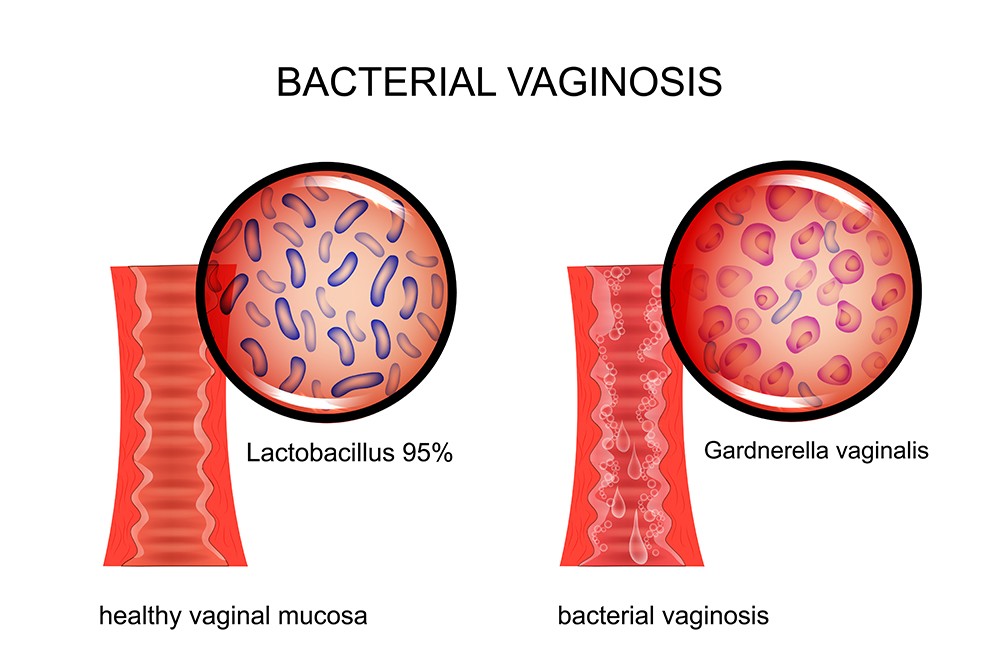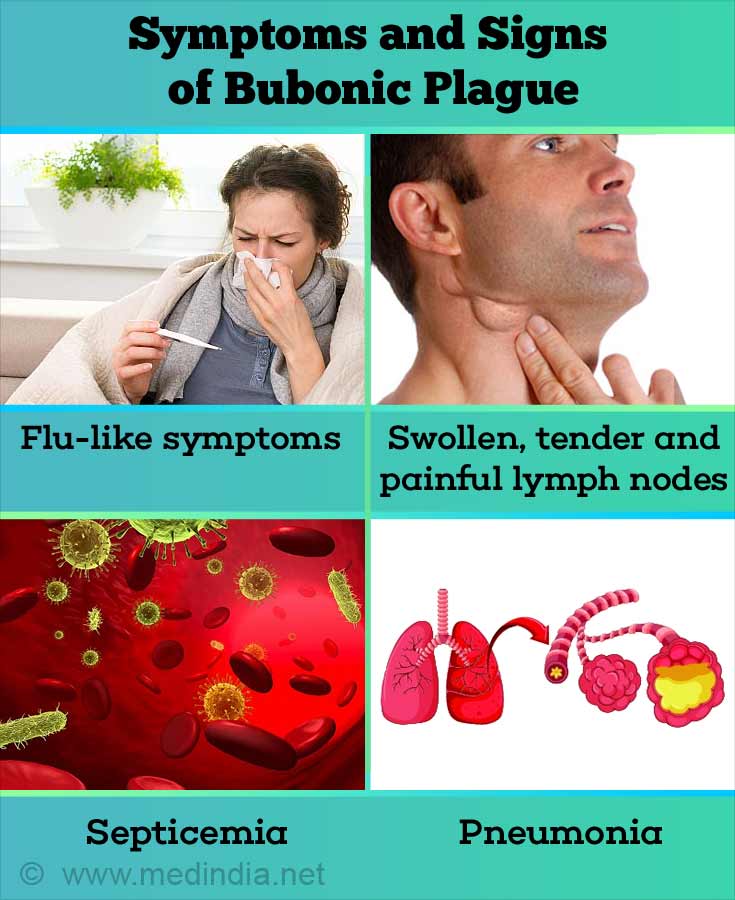
Bubonic plague is a form of plague that affects humans by means of breathing air. Although the plague is often considered an airborne disease, it can also be caused by a skin or respiratory infection.
The symptoms associated with bubonic plague include fever, chills, and sweats. These signs may last from several days to a few weeks. The disease may strike without warning, and if left untreated may become more serious. Most people do not experience any symptoms until the disease is very advanced.
Because of the seriousness of bubonic plague, medical treatment must be sought. A doctor should be consulted as soon as possible. In order to prevent further spread of the disease, a person should practice proper hygiene.
To prevent infection, washing your hands and using disposable gloves on a regular basis is important. In addition to washing your hands, you should always wash any objects that are used for touching or rubbing that person.
After washing your hands, disinfect any surface where the person's clothes came in contact with, especially if the clothing was wet. Washing the clothes immediately after washing the hands is recommended. Cleaning all clothing that touches another is also recommended. Wearing disposable gloves and avoiding direct contact with the disease can help keep yourself and others safe.
Although there is no cure for bubonic plague, proper treatment can limit its effects. If caught early, the outbreak may be limited. In severe cases of the disease, there may be no cure but there are things that will delay the onset of the illness.
Wearing disposable gloves and washing the person's clothing regularly can help to prevent the spread of the disease. Other methods of preventing the disease include wearing masks and gowns that cover the nose and mouth. This can help prevent other individuals from smelling the plague-causing bacteria.
Finally, you should never try on your own diagnose the symptoms or cause of the plague. The only way to accurately diagnose any disease is to examine it under a microscope or see a doctor. While you may know what is causing the problem, your doctor can help you make better decisions about your health.

Therefore, if you think you may have the plague, seek immediate medical attention
The sooner you seek medical attention, the sooner the infection can be cured and the less harm it can do to your body.
If you suspect that you are suffering from bubonic plague, you should take the following precautions: avoid crowded places, wash all bedding and clothes to avoid spreading the disease. Wash and disinfect any surfaces used for cleaning or rubbing.
Once the symptoms have disappeared, you should continue to use infection prevention methods to reduce the chances of re-infection. If symptoms recur, you should seek medical attention. Seek medical attention immediately to avoid further spreading the disease to other people and pets.
It is important to note that there is no cure for bubonic plague, although there may be medications that can help reduce symptoms. Antibiotics are available for short-term treatment. Some people choose to treat the disease with steroids, but these medications can have dangerous side effects that can make the situation worse.
If you think you might be infected, seek medical attention as soon as possible. While it may sound daunting, bubonic plague can be treated with some basic precautions and caution.
If symptoms go away, you may need to see your doctor for a different opinion. If you suspect you have bubonic plague, see your doctor right away.
Because this is a very contagious disease, if you believe that you have this disease, you should be sure to stay home from work, school and other areas of activity where you may come into contact with another person or animal. While this does not mean that you are not to wear personal protective equipment and other protective clothing, you should always be sure to wash your hands properly after touching another person's body.
As the name suggests, this disease cannot be caught from animals. You should also keep your pets away from the infected persons.